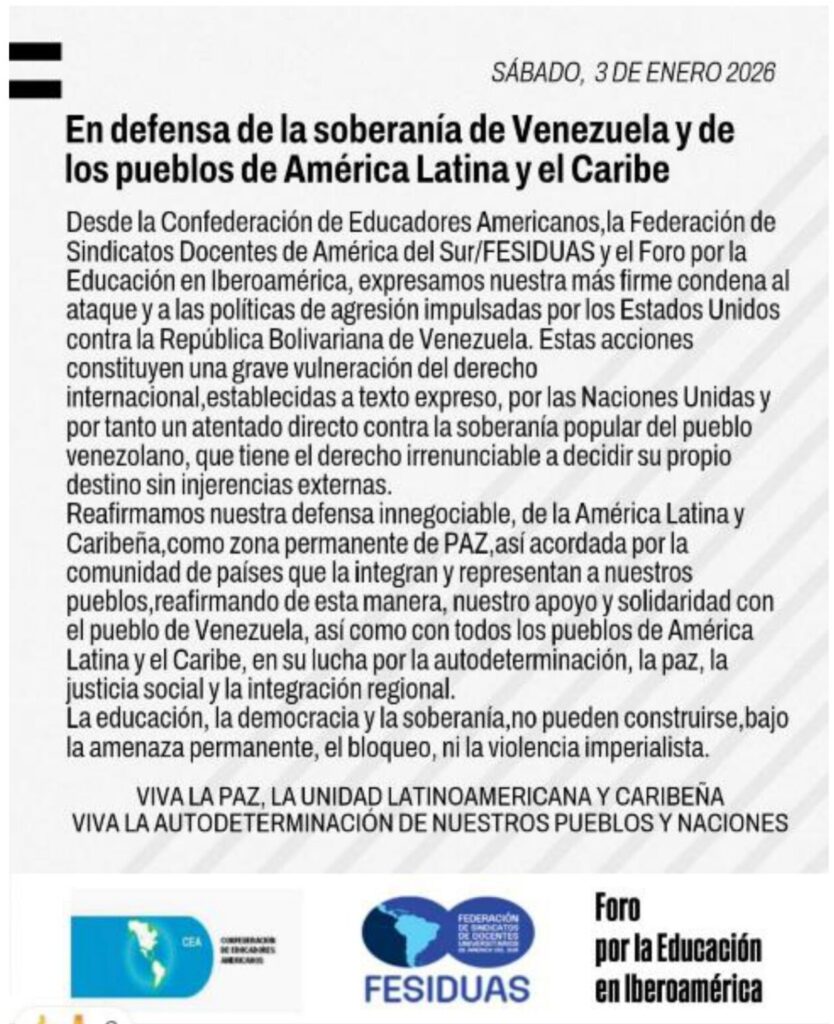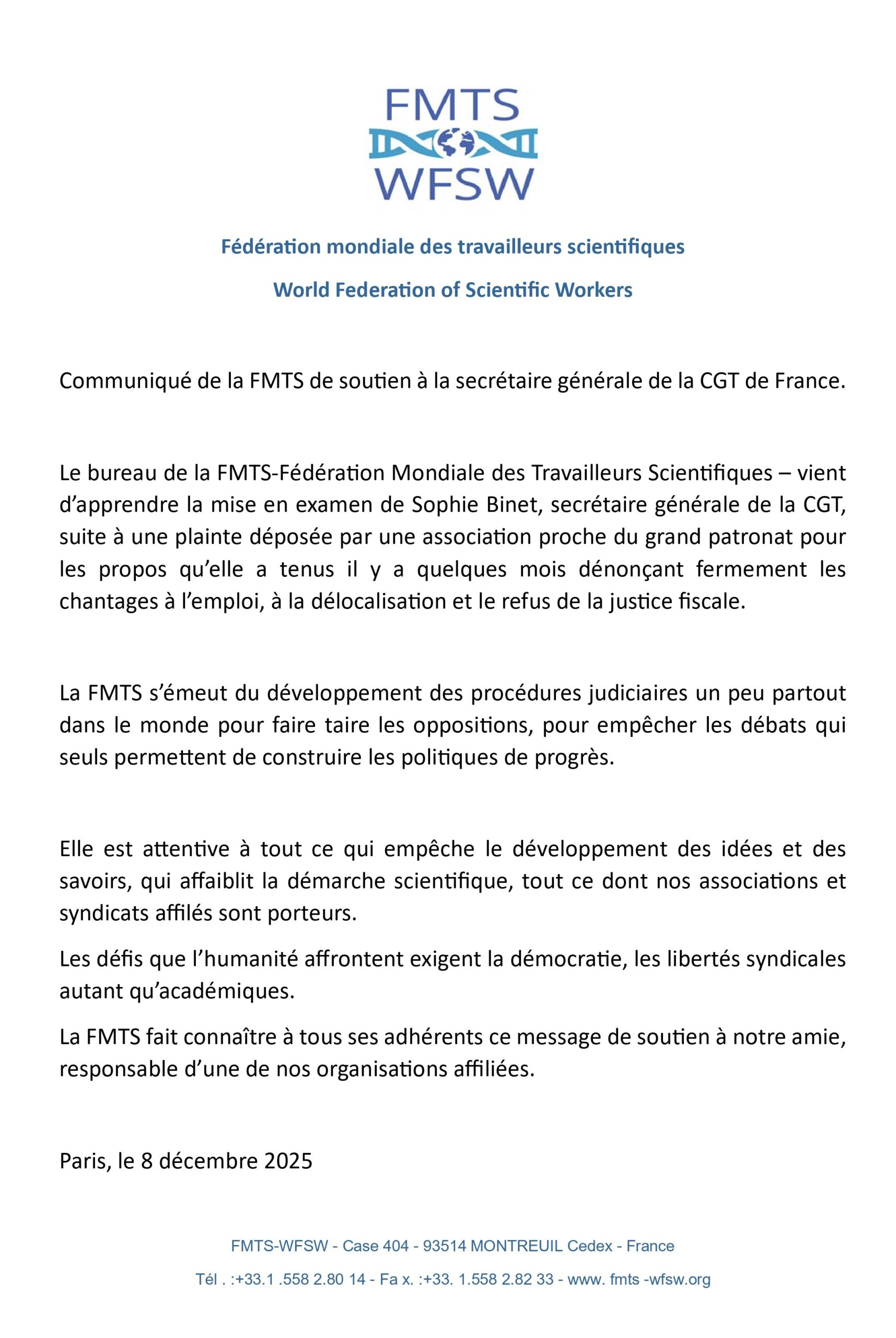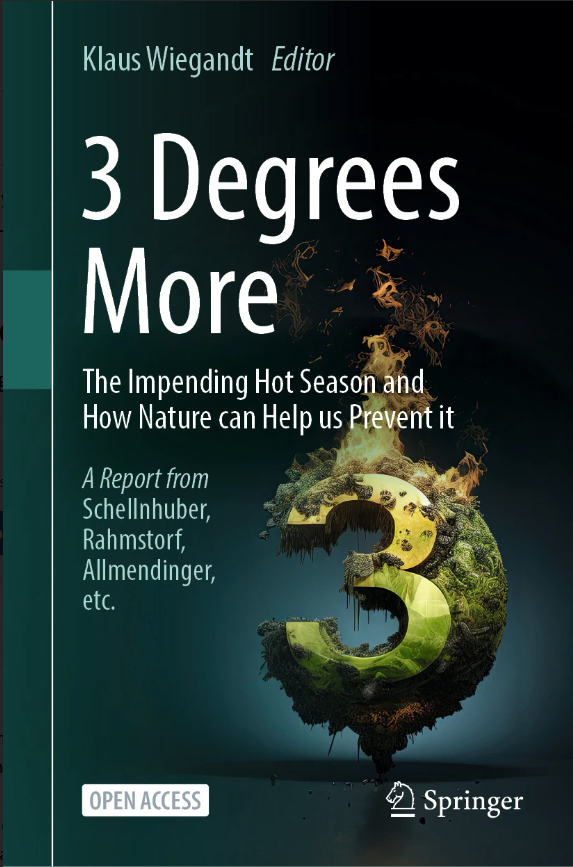Declaration on the rights of scientific workers
The recommendation of the Unesco on 1974, updated on 2017, November largely follows the proposals
1. Preamble
Science and scientific research can contribute increasingly to the improvement of the living conditions of mankind, can become a reliable source of welfare, and can create conditions for the realisation of social justice within society. Furthermore, science and science teaching are expanding at an increasing rate, so that the importance of ensuring the application of the enormous forces made available by scientific discovery to the needs of mankind increases correspondingly.
The profession of scientist and science teacher is therefore characterised by special features arising out of the great social responsibility of these workers. Their activities have a particular significance and importance due, on the one hand, to the broad possibilities of using science and its achievements for the benefit of society as a whole and for solving important social and economic problems and, on the other, to the danger that the results of scientific research, will be used against the vital interests of mankind either in preparations for wars of mass destruction or for the exploitation of one country by another. Scientific workers have an important role in promoting the most effective use of science and scientific methods for human welfare and in contributing to the preservation of peace and reduction of international tensions.
2. General
2.1 Definition
A scientific worker is considered to be a suitably qualified person engaged in professional work in natural, technological or social science, in fundamental or applied science, and in the teaching of science.
2.2 Nature of qualifications
A professional scientific worker is deemed to be qualified by the possession of a university degree or diploma of equivalent standing in one of the sciences.
Notwithstanding this basic requirement, and without lowering the general standard, Individuals who lack some of the formal academic certificates, may qualify by possession of valuable experience and by holding responsible posts demanding high scientific attainments, or by publications or achievements of acknowledged standing.
Steps should be taken towards international agreement on professional standards for scientific workers.
2.3 Places of employment
Scientific workers are employed in universities, technical colleges, scientific research establishments, in industry and in governmental and private organisations, or may be self-employed as consultants, writers, etc.
2.4 Field of recruitment
All citizens should be given equal opportunities to become members of a scientific profession regardless of race, nationality, sex, creed, or social status.
2.5 Advancement of science
Governments should support and promote the development of science, should allocate the necessary means for training scientists, and should encourage the employment of suitably qualified scientific workers in research work.
With the future of mankind vitally involved in the correct application of science and scientific methods to the problems of our time, scientific workers should be given opportunities to influence the ways in which science is used, and to make its potentialities known to the general public.
Scientific workers should have the support of governments in resisting pressures to compromise their scientific integrity.
3. Basic rights of scientific workers
3.1 Civil rights
Scientific workers regardless of sex, race, nationality, creed, and political conviction should have all civil rights defined in the General Declaration of Human Rights and. in the Agreement on Human Rights accepted by the United Nations Organisation.
3.2 Right to employment
Scientific workers should have the right to work in accordance with their scientific capacities and Governments should endeavour to ensure this right.
3.3 Right to exchange experiences
If science is to contribute actively to the growth of the welfare of mankind, it is necessary to give scientific workers the right of free exchange of views and experiences on scientific work and its economic and social consequences, on both a national and international scale.
Governments should refrain from interference with the freedom to express scientific views or to publish the results of scientific research and should take steps to prevent other interference with this freedom.
3.4 Right to representation on managing bodies
Authorities should recognise the importance of the participation of scientific workers in steps designed to improve the quality and direction of scientific research and development. Authorities and organisations of scientific workers should collaborate to this end. Scientists should be represented on governing bodies directing science and research.
Authorities should ensure that the management of scientific and research institutions be entrusted to scientific workers with appropriate experience and ability.
3.5 Non-discrimination
Scientific workers should have equal rights in their professions regardless of sex, race, nationality, creed, or political conviction.
3.6 Right to defence
Scientific workers should be entitled to defend their rights.
4. Rights of scientific workers in their employment
4.1 Contract of employment
The rights, duties and responsibilities of the employing body and of each scientific worker should be stated clearly either by legislative measures or by contracts of work concluded between the employing body and the scientific worker. This should include measures for special cases when the scientific worker is transferred, temporarily or permanently, to other scientific work within the same organisation.
4.2 Type of employment
The employing body should ensure that each scientific worker is given work commensurate with his qualifications and knowledge, and that favourable conditions are created for him to be able to perform duties properly as stipulated in the contract.
4.3 Redundancy at place of employment
If a situation arises where there appears to be a surplus or redundancy of particular grades of scientific worker in an establishment, due to changed circumstances, there should be consultations between the trade unions and the employing body in order to seek means of minimising or avoiding the dismissal of staff. If, nonetheless, redundancy remains, each scientific worker should be given adequate assistance and time on full pay to transfer to other suitable employment, or paid compensation on a pre-determined scale.
4.4 Dismissal from employment
The circumstances under which a scientific worker may be dismissed should be defined by law.
4.5 Certification at termination of employment
At the termination of an employment, a scientific worker should have the right to obtain a certificate in which all important facts about his activities during the period of employment are stated; the organisation should he bound to discuss the contents of the certificate with the scientific worker before issuing it; this document should not contain anything detrimental to the scientific worker.
4.6 Conditions for effective scientific work
Because of the value and importance of the work of scientists and science teachers, it should be so organised and assisted as to avoid wastage of their time and energy, and carried out under favourable conditions.
Total hours of work of scientific workers should not exceed those determined for other occupations. Some flexibility should be recognised in certain classes of creative work, and adherence to a rigid timetable should not be required where this would be detrimental to the progress of the work as a whole, taking into account the supporting activities of technicians and other staff.
To raise professional standards, scientific workers should be given leave and opportunities to participate in courses leading to post-graduate qualification.
Scientific workers should be provided with adequate opportunities and facilities for devoting a part of their working hours to scientific conferences or to other means of communication with their professional colleagues, and to deepening their knowledge and qualifications by keeping up to date with current developments through published literature.
4.7 Determination of salaries
Salaries for scientific workers should be determined through the process of negotiation between the trade unions and the employing bodies. Salary rates for scientific workers should be determined having regard to qualifications, skill and experience in scientific work, but regardless of sex, race, creed, or nationality.
4.8 Annual leave
All scientific workers should enjoy a right to adequate annual holidays with full pay, and this should be not less than one month, in addition to public holidays.
4.9 Sabbatical leave
After some years of employment a scientific worker should be granted a substantial period of leave with full pay for purposes of study either in a related branch of science or in his individual field. This period of study-leave should be counted for seniority and pension purposes and be additional to the opportunities accorded for keeping up to date with current de developments referred to in Section 4.6.
Leave of absence without loss of seniority or pension rights should be granted to scientific workers within the framework of bilateral or multilateral agreements on secondment between the organisations in the developing and the developed countries. In addition special arrangements should be made to cover their extraordinary expenses.
Scientific workers should be granted leave of absence with full pay to enable them to participate in the activities of their trade union and professional organisations.
Scientific workers should be granted leave of absence with full pay for adequate personal reasons under arrangements specified in advance of employment.
4.10 Protection in the case of hazardous work
Scientific workers who are carrying out dangerous work or are working under unusual conditions should be accorded appropriate protection by legislation of their governments. These scientific workers may have shorter working hours and longer holidays and be paid special hardship allowances. They should be guaranteed full compensation in case of disease or accidents cause by their occupation.
4.11 Maternity leave
Women scientific workers should, apart from maternity care and relief granted by national law, be given special facilities such as leave before and after confinement, the right to return to their original place of work or to a job on the same level as the one they had before their maternity leave.
4.12 Sick leave and pension rights
Scientific workers should be entitled to leave with full pay throughout any period of incapacity for work by reason of sickness or temporary disability. Old-age and permanent disability pensions should be so related to earnings from employment that the scientific worker may continue to maintain an adequate living standard.
Where the level of benefits under governmental general social security provisions is lower than that provided for in this Declaration, it should be brought up to the recommended standard by means of supplementary schemes agreed between the appropriate trade unions and the employers. It should be made possible for all pension and social security rights to be transferred when a scientific worker changes his employment, either in his own country or another.
5. Trade union rights of scientific workers
5.1 Right to organise
Scientific workers should have the right to organise trade unions for the protection of their status and economic conditions, to be members of such trade unions, and to recruit others into membership in accordance with ILO Convention N° 98. Members should not suffer discrimination for participation in the activities of such organisations.
5.2 Independence of trade unions
Trade unions of scientific workers should be independent from the State and employers, and should be free from interference and control.
5.3 Defence of members’ rights and interests
Trade unions of scientific workers should have the right in law to defend themselves and the interests of scientific workers by means accepted in individual countries.
5.4 Right to freedom of association
Trade unions of scientific workers should have the right to free association with other organisations, both nationally and internationally.
5.5 Legal status
Trade unions of scientific workers should be recognised as negotiating bodies and legally empowered to act on behalf of scientific workers in membership and should have the right in law to represent scientific workers and defend their interests.




